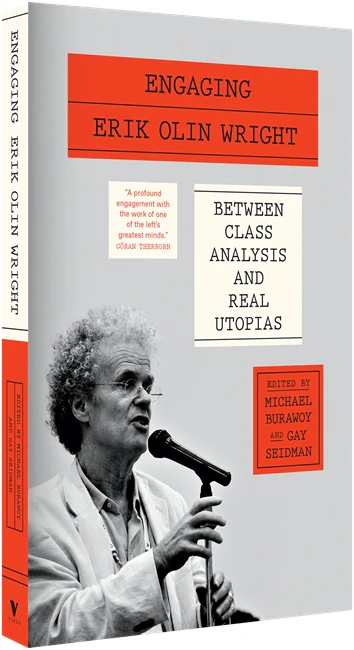My dad genuinely had no interest in music. Well, almost none – he did enjoy novelty songs from time to time, but not really for the music. Our friend Bob, who is otherwise quite sensible, used to try to convince him that listening to music would enhance his life. I had more sense (I did, briefly, join Bob’s campaign to get my dad to use a smartphone but, again, it was pointless).
So I never shared The Bar Steward Sons of Val Doonican with Tim. I discovered them about 3 months before he died. I believed he didn’t have long to live, and was unusually glum at a cross country meet my son was running in, just walking around for exercise, when spotify played The Cockwombling Song for me, following on from something else. I was puzzled for about 15 seconds before feeling sudden joy. They love what they are doing, and even on record their enthusiasm is utterly infectious. That fall I listened to them a lot, especially when I was feeling down. Songs I’ve never cared for – like, The Lady in Red, and Walking in Memphis have, in the hands of the Doonicans (as The Lady in Greggs, and Walking in Manpiss), became staple listening.
In my excitement I texted my friend Juliette who I knew would just love them: her response was to the effect of “Yeah, Harry, I know all about them, I’ve seen them live twice, they’re even better that way”. To which my thought was “well if you knew all about them, why didn’t you tell me?” [1]
So, I had to see them live. It was a very small venue (maybe 150 people, how the hell do the economics of that work?) and, indeed, they are even better that way. The couple behind me knew about them, but the couple next to me, and I’d guess up to half the audience, only knew them because they follow the venue and looked them up when they saw the listing. And then there are the real enthusiasts, wearing garishly coloured tank-tops (vests), and shouting “Al-an, Al-an” every time Scott mentioned that Alan had written a song. I was entranced.
After the show I had a nice chat with Scott, who said, I think falsely, that he has never written a political song, but that what is going on in the US has made him think perhaps he should.[2] I didn’t express an opinion, but actually I think it might be a good idea, only because I know he has the subtlety to glance a blow rather than fire a shot. The tearful moment of my initial hearing of The Cockwombling Song is the casual mention of the execrable Katy Hopkins, not as a cockwomble, but as an arsehole. It is simply… joyful, and I felt, actually, not so much gratitude as relief about being in a world in which people like the Doonicans do what they do.
And, in that moment, I thought about my dad, and knew it was pointless sharing it with him, but wished he appreciated music. Because if he did I knew it would have reduced him to tears of laughter.
2026 is their 20th birthday. See them live, if you can. If you don’t live in the UK: well, one of my favourite people has crossed an ocean to see Taylor Swift, and, marvelous as she (Swift, though my favourite person too, for that matter) is, I don’t see why you wouldn’t do the same to see the Doonicans.
[1] In fact, I’m glad she didn’t. That fall was bloody hard, and discovering the Doonicans just then made them even more special than they’d otherwise have been.
[2] They tell you not to meet your heroes. Still nonsense, in my experience.


